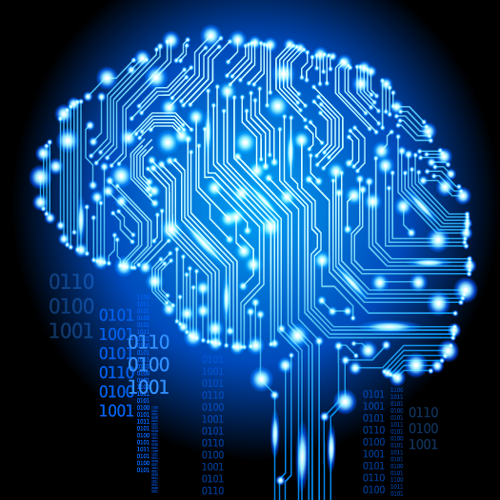
[Source: rdn-consulting]
|
PhD Scholarships in AI/ML The Applied Artificial Intelligence
Institute (A2I2) at Deakin University, Australia currently
offers multiple full 3-year PhD scholarships to study AI/ML. Research
areas We are pushing the frontiers of Generalist AI by: > Unlocking digital intelligence, > Designing safe generalist AI, and > Transforming physical and digital fields through AI. AI Future We build learning intelligent systems that are general, competent, energy-efficient and human-compatible. Areas of interest are: > Agents as Digital Species presents the concept that an agent has lifewide experience to interact and work with other agents and humans, evolving lifelong with the dynamics of its environments. Equipped with perception, memory, statistical relational learning, theory of mind, common sense, knowledge and reasoning capabilities, we aim to bring this new digital species to a new level. We will invent new kinds of machine learning, explore novel forms of computation and learning to improve lifelong adaptation with small energy footprints. This includes, but is not limited to, small-but-powerful language/foundation models, learning to explore, human-in-the-loop, self-supervised learning, knowledge-guided learning, prompt optimisation, distillation, continual learning, novelty seeking, intrinsic motivation, and physics-informed ML. > System 2 Capability focuses on finding efficient ways for learning to reason with minimal human supervision and solving complex problems that require deliberate thinking. Our sub-areas include, but are not limited to: causal inference, systematic generalisation, graph neural networks, relational models, memory and attention, reasoning, and knowledge-guided learning to reason. > AI Alignment
focuses on developing novel machine learning frameworks to incorporate
human perspectives, sometimes implicit, into AI to mitigate negative
impacts caused by unintended consequences if left unchecked. Expected
outcomes include new frameworks for machines to rapidly learn from and
reason about human preferences, and actively pursue benefits for humans
as intended. Expected benefits are advanced capabilities for effective
human-machine partnership, pushing the frontier of responsible AI. AI Impact We want to use AI to make the world better. Here are a few things we are passionate about: > Accelerating Scientific Discovery in which we use AI to automate the expensive discovery loop, and bring science into AI models. Examples include replacing hard physical computation and experiments such as computing quantum chemical properties, predicting molecular properties & interactions, predicting chemical reactions, understanding the structure and characteristics of materials, searching for new alloys, and generating molecules & crystals. See recent works here. Important areas include energy storage and carbon capturing, The broader picture includes green energy, climate change and sustainability.> Health in which we aim to (a) understand about patient's health, need, preference and intention through patient's diverse sources of data (medical records, -omics, user-generated media, medical imaging and biosignals); (b) acquire and reason about established medical knowledge; (c) have a meaningful dialog with patients; (d) recommend the personalized course of medical actions; (e) support doctors and hospital managers to improve their precision and efficiency. See this blogpost for some futuristic ideas and this page for works done by us so far. The agenda also includes drug discovery in which we aim to model the entire drug-like space, compute bioactivity, assess adverse effects, predict binding to targets, and best of all, generate new drugs with a given set of desirable properties. See for our tutorial at ECML 2021. There is no single selection criterion and we can only say that we look for candidates who have potential to have a successful research career, not just a PhD degree. If you do not know what it takes for a research career, I recommend that you should spend time to read about it. Sometimes it will help you decide whether you need a PhD or not. Here is the list of things we are looking for:
The rule of thumb is that you should send whatever (electronic) documents you think that will support your future research career. Documents are written in English and may include some of the following:
You can send your documents directly to Professor Truyen Tran. Last updated: Oct 25th 2024 |